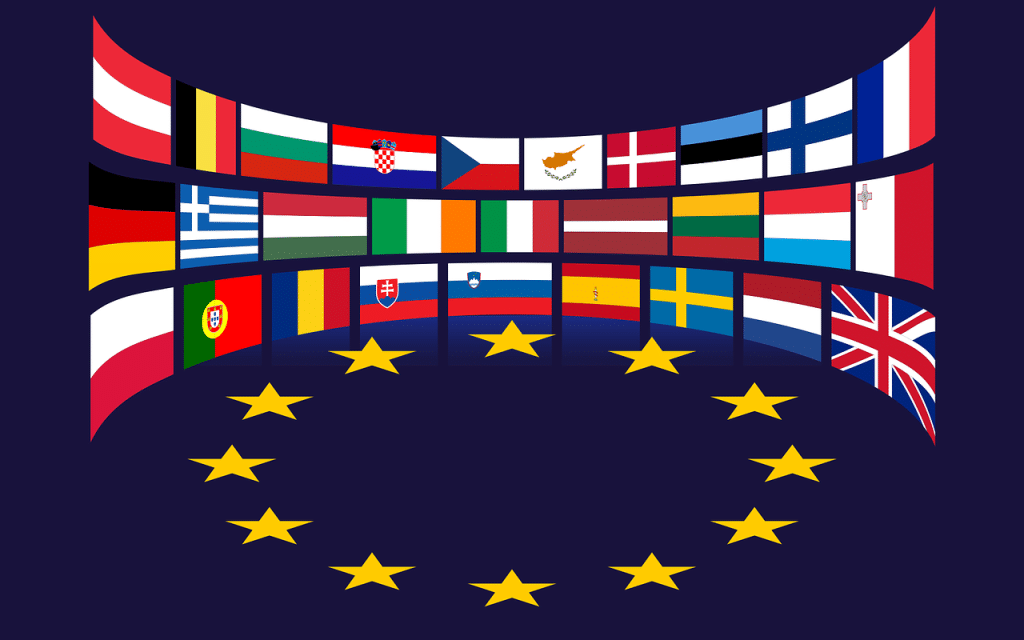In recent results of a Eurobarometer survey, it becomes evident that safeguarding the well-being of animals stands as a paramount concern for Europeans. The insights derived from the Special Eurobarometer (533), conducted from 2 March to 26 March 2023, involved 26 376 respondents spanning all 27 European Union (EU) member states and representing diverse social and demographic backgrounds. This comprehensive survey sheds light on the prevailing sentiments regarding animal welfare across the European populace.
- A large majority of Europeans (84%) believe that the welfare of farmed animals should be better protected in their country than it is now.
- A similar number (83%) support limiting the transport time of animals.
- Over 90% of Europeans consider that farming and breeding practices should meet basic ethical requirements. These include offering animals enough space, sufficient food and water, environments adapted to their needs (mud, straw etc.), and ensuring proper handling. The survey also showed a high level of concern for the welfare of animals in slaughterhouses.
- Three quarters of respondents found the practice of killing male baby chicks after birth to be unacceptable, while an overwhelming majority favoured a ban on cutting certain body parts of animals (tails, ears, beaks etc.) unless strictly necessary and with anaesthesia.
- When it comes to food imports from non-EU countries, over eight in ten Europeans (84%) believe that the current animal welfare situation should change, either by applying EU animal welfare rules to food imports or by labelling food according to the standards applied.
- Despite the interviews being carried out in March 2023, when food prices were already extremely high due to inflation, 60% of the respondents indicated that they would be willing to pay more for products sourced from animal welfare-friendly farming systems. Around a quarter (26%) would be ready to pay up to 5% more for animal welfare-friendly food.
The South African Pork Producers’ Organisation (SAPPO) coordinates industry interventions and collaboratively manages risks in the value chain to enable the sustainability and profitability of pork producers in South Africa.
















